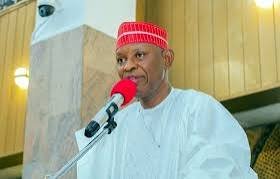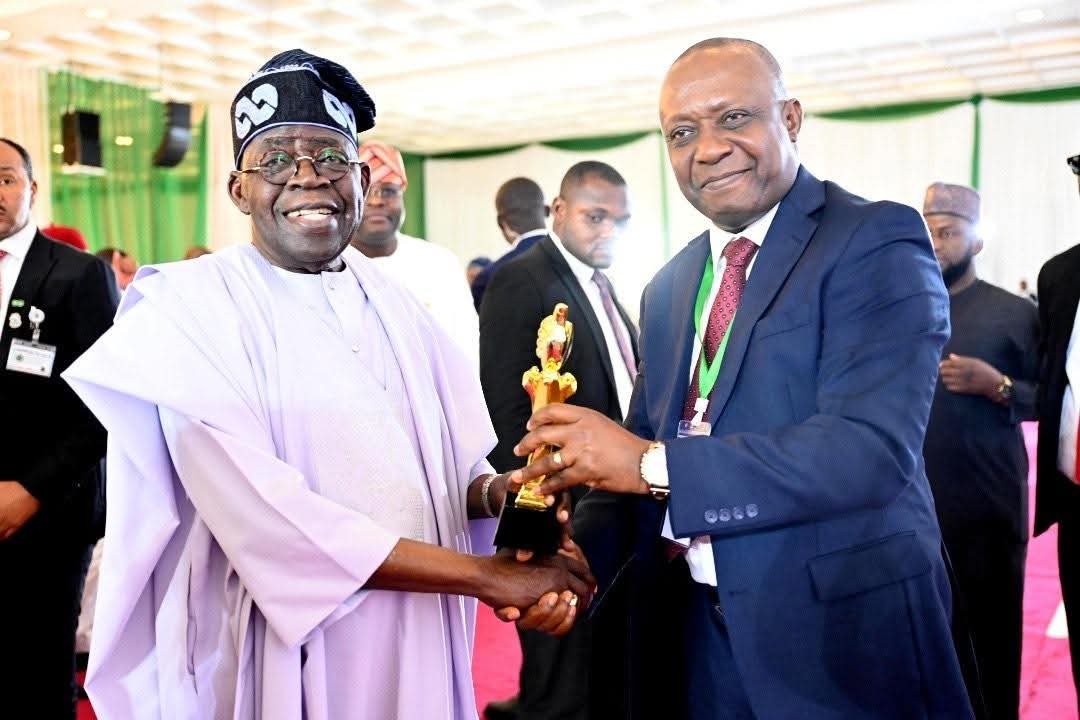“Let us deepen cooperation, uphold diplomatic principles, and foster inclusive growth that leaves no one behind—especially our youth, women, and vulnerable populations, who remain central to the future of our region,” he said.
President Tinubu emphasised the need to preserve democratic values and ensure that political stability is not separated from economic development.
“Our organisation must continue to strike a fine balance between its core regional mandate of economic integration and the complex political, security, and governance challenges, including the preservation of democratic values in our region.”
“Economic integration cannot be superimposed on an untenable political environment. That is why we must remain steadfast in our resolve to rise to these emerging challenges,” the Nigerian leader declared.
Mr Tinubu commended the ECOWAS Commission, community institutions, and technical staff for their dedication and professionalism in supporting the Authority’s work and organising a successful summit.
He reaffirmed his commitment to the region’s shared mission and urged continued unity among member states.
“As you return to your respective countries, let us remain resolute in our shared mission to deepen our integration, protect our people, and build a prosperous, secure, and united West Africa,” he said.
In his acceptance speech, President Bio of Sierra Leone, the newly elected hairman of the ECOWAS Authority of Heads of State and Government, outlined four key priorities.
He pledged to lead a renewed, people-centred, and action-oriented ECOWAS in the face of unprecedented challenges and opportunities for the West African region.
Mr Bio said his leadership would focus on restoring constitutional order and deepening democracy, revitalising regional security cooperation, unlocking economic integration, and building institutional credibility.
“We must engage transitional governments constructively and support member states in building stronger democratic institutions rooted in the rule of law.
“We must overhaul our collective security architecture—from intelligence sharing to rapid response capabilities—to confront new threats with unity and resolve.
“The ECOWAS Trade Liberalisation Scheme, regional infrastructure, and cross-border value chains must become engines of job creation, trade, and resilience, especially for our women and youth.
“ECOWAS must reform itself to become more transparent, efficient, and responsive to the needs of its people. This is how we will rebuild trust in regional cooperation, “he said.
Mr Bio commended his predecessor, Mr Tinubu, for laying a solid foundation of regional dialogue, economic recovery, and peacebuilding.’






